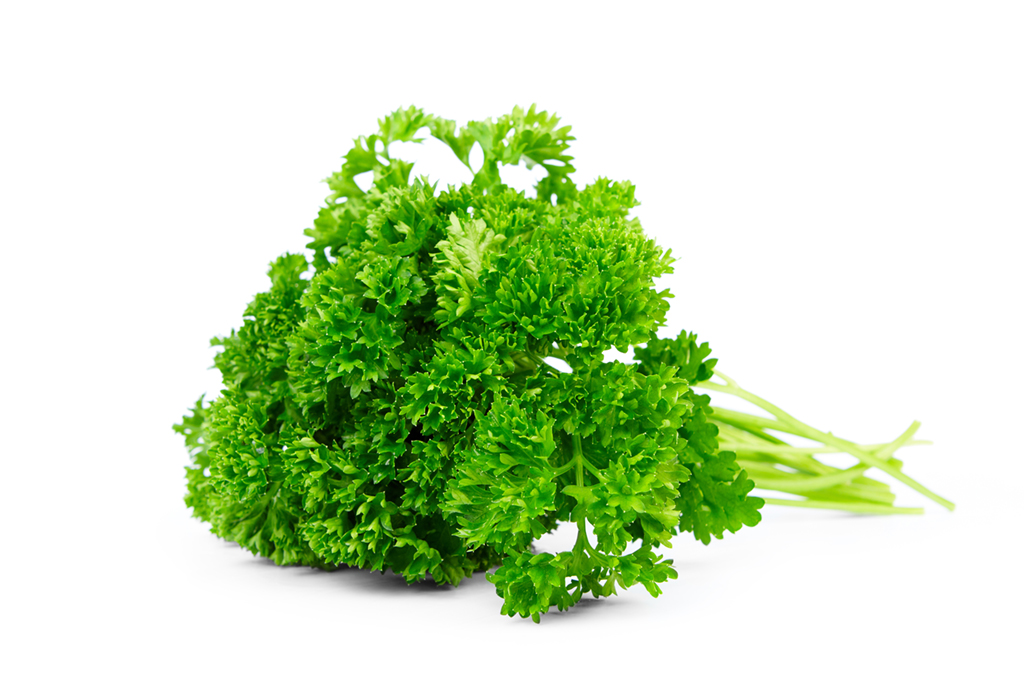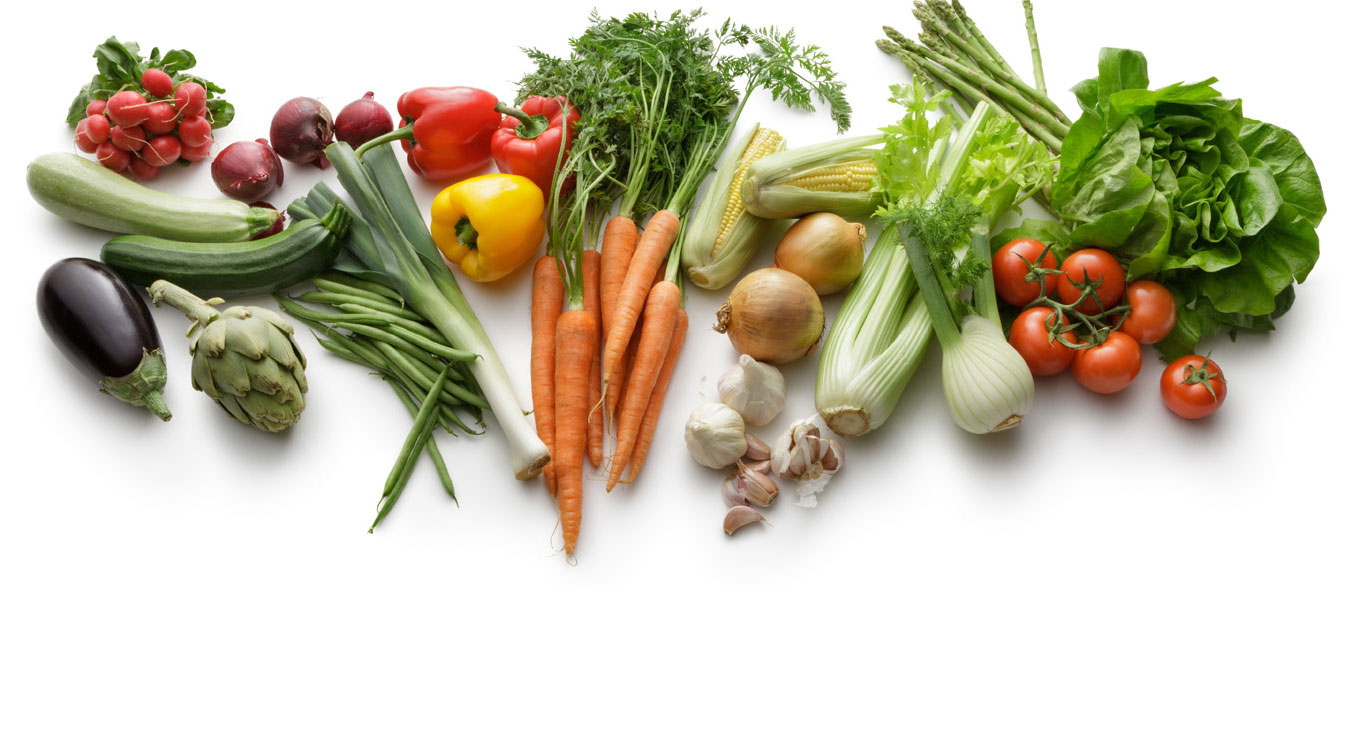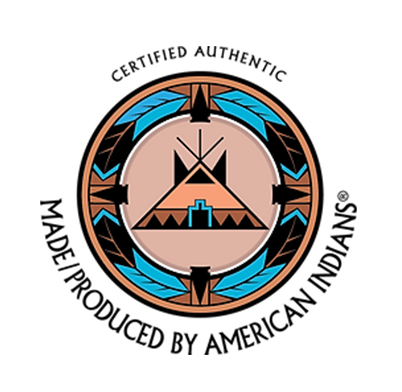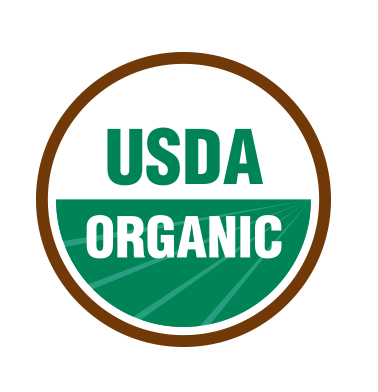What Makes
a Farm Sustainable?
What Makes
a Farm Sustainable?
Consumers are much more conscientious these days. They research the products they buy and the companies that make them, and they have informed opinions about production and marketing practices that influence what they buy. When it comes to what they put in or on their bodies, more and more people are insisting on the highest standards. Organic foods have become more popular and in demand.
Temalpakh Farm is proud to be a sustainable farming operation producing certified organic foods. You may have heard terms like “sustainable” and “organic,” but don’t know exactly what they mean. Here’s some information that it will make it a little easier to understand:
Sustainable Farming Practices
Current sustainability practices are more of general guidelines.. They mean that the farm is using practices that conserve natural resources and that encourage the health of the environment for continued farming and other practices.
More specifically, sustainable farming involves methods that:
- Build healthy soil
- Prevent soil erosion
- Minimize water usage
- Lower pollution levels
- Produce fewer greenhouse gasses
- Use less energy per unit of crops produced
- Protect wildlife

Sustainable farming recognizes that the land is more than just a tool for producing crops for maximum profit. The land is a vital resource that will continue to produce bountiful food for people and animals. We must protect the land to ensure that it will continue to be able to produce that nutritious and delicious food – for our benefit and for the benefit of generations to come.
The practices we use to protect the land can vary, but they must keep these goals in mind. For example, in order to build healthy soil, farmers might employ crop rotation so that one particular kind of crop does not strip the soil of nutrients. Or farmers might make a commitment to using only organic fertilizers, so that harmful chemicals from mass produced fertilizers do not poison the land.
Whatever the specific practices used, the idea behind sustainable farming is that it will protect the land and the local environment so that they can continue to thrive long into the future. The practices should emulate nature as closely as possible, and they should either preserve the land as it was or leave it better than they found it.
Organic Certified Foods
Many people confuse organic farming with sustainable farming. While there is certainly great overlap between sustainable and organic farming practices, a farm can employ sustainable practices without also producing organic foods. The organic label is one that is regulated by the U.S. Department of Agriculture, and it requires meeting a long and very specific list of practices. These practices are codified in federal law.
To be certified as organic, foods must come from a farm that:
- Uses crop rotation to protect the health of the soil and to manage pests
- Uses only organic fertilizers and pesticides
- Does not use any genetically modified crops or seeds
- Reduces greenhouse gas emissions and other pollutants
- Maintains strict records of all operations
Some farms just grow their produce, and other farms grow and package it. A farm that also packages its produce – and facilities that are solely responsible for the packaging of produce – must meet the following criteria for food to be labeled organic:
- Maintain strict separation of organic and non-organic products
- Keep all synthetic products, such as pesticides and preservatives, separate from organic products and produce
A much longer list of criteria is available for both the growth and packaging of organic produce, and it goes into great detail about all practices that must be followed, as well as what is prohibited. All of these criteria must be met in order for foods to be labeled as organic.
Third-party inspectors are responsible for checking up on the operations of farms and facilities that claim to produce organic foods to ensure that they meet these criteria. Anyone who is found to be violating these practices while still claiming that their food is organic will be heavily fined.

Economic Sustainability
There are three pillars to sustainable farming practices: The environment, the community, and the economy. Much focus is placed on the environmental component, as standard farming practices often result in great harm to the environment. However, sustainable farming practices must also be good for the community and the economy, and often, these two concepts are tied.
Sustainable farming is good for the community because it creates a stable source of healthy and nutritious food. When the land is protected, it can produce good foods for generation after generation, ensuring a stable supply. The food is also pure, giving people only the nutrients they need, but none of the harmful chemicals that they don’t.
Sustainable farming is also good for the economy. It provides local jobs, thereby helping the community, as well. It also provides a long-term, stable source of income for the farm, its workers, and the local economy. In contrast, factory farming practices strip the land of nutrients and disrupt local ecosystems, thereby undermining its ability to produce economically in the future. Sustainable farming practices ensure that the farm will be economically viable for a long time to come.
Sustainable Farming
at Temalpakh Farm
Temalpakh Farm is committed to using only practices that protect the health of the land and benefit our local community. We employ organic farming practices that not only create the best and most nutritious food but that also preserve our environment and nourish our community.
Temalpakh Farm was founded by the Augustine Band of Cahuilla Indians, and it is committed to creating a legacy that reflects our values and culture. We believe that the earth connects us all, and it is our duty to protect it. Every day, we are doing our part to make the earth a nurturing place, and we hope that you will join us in that mission.




